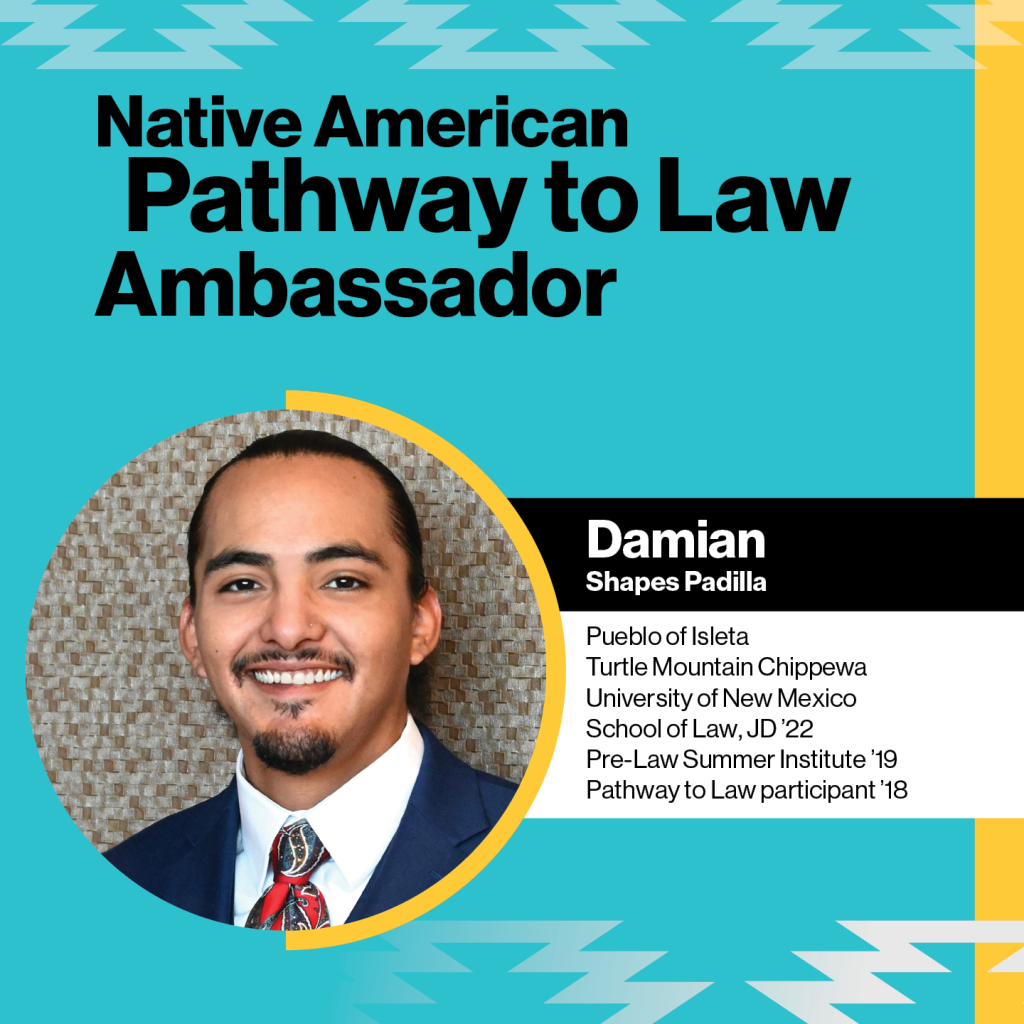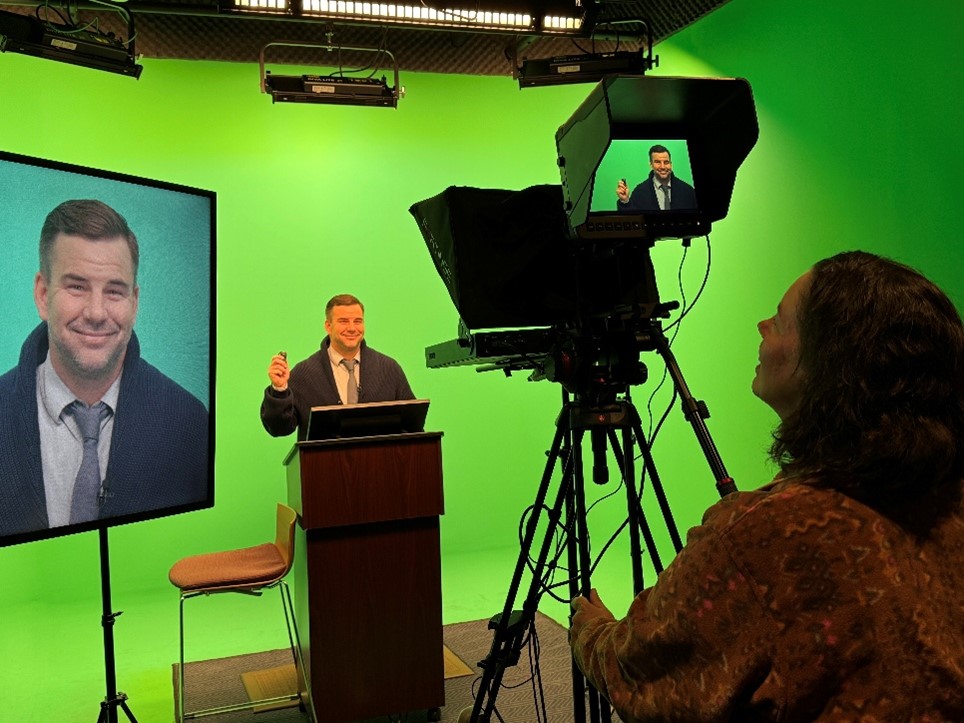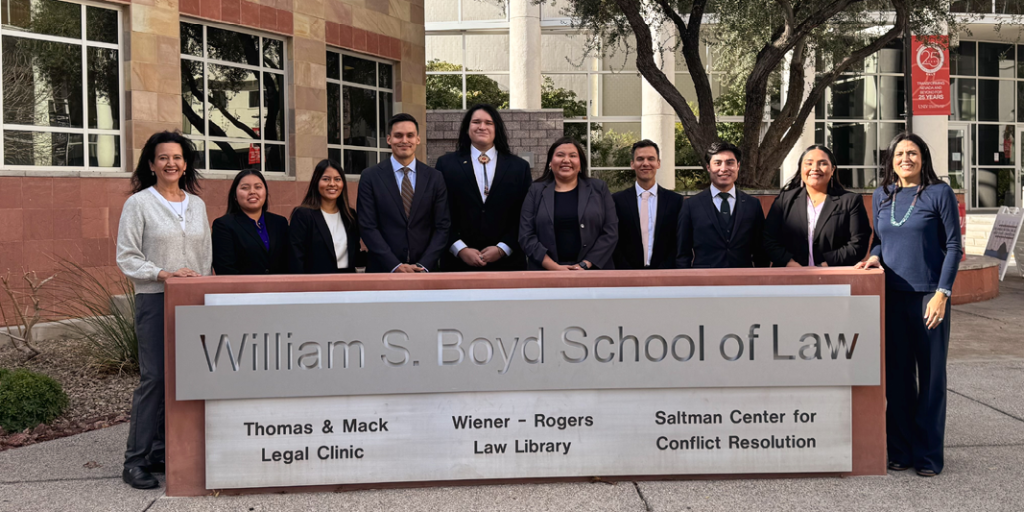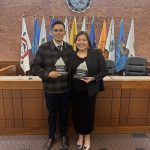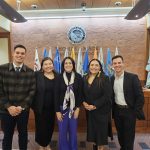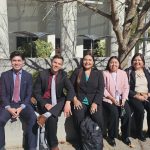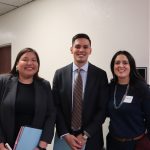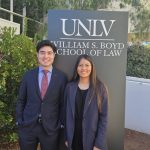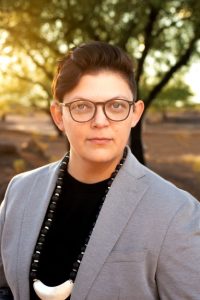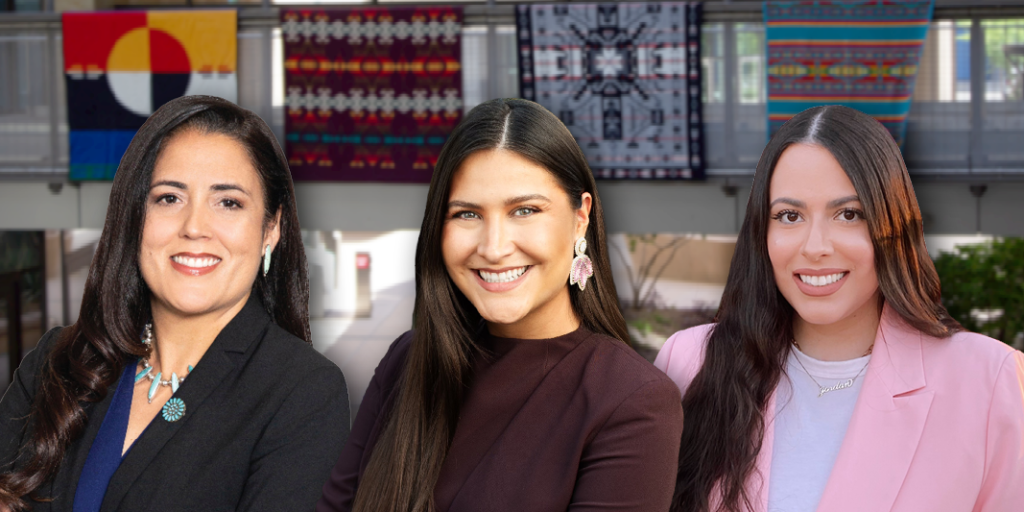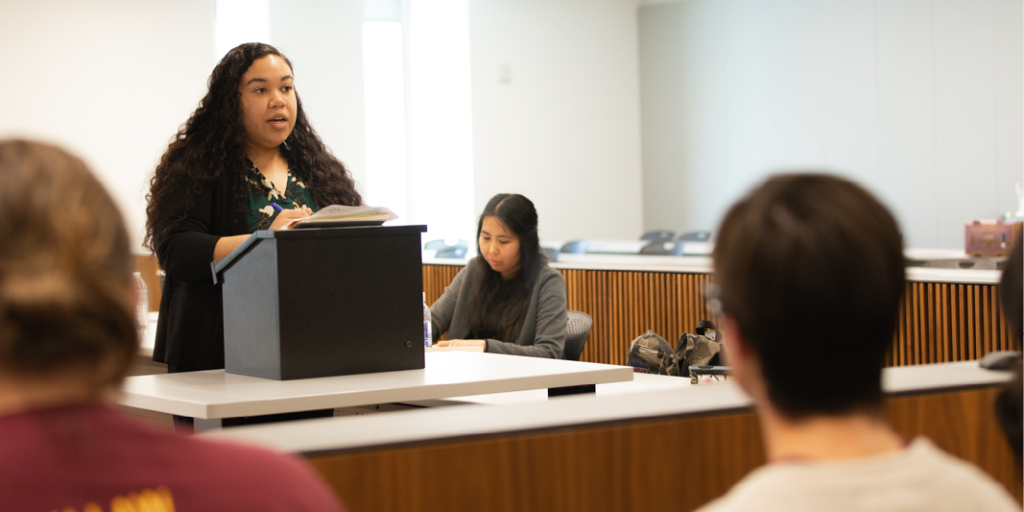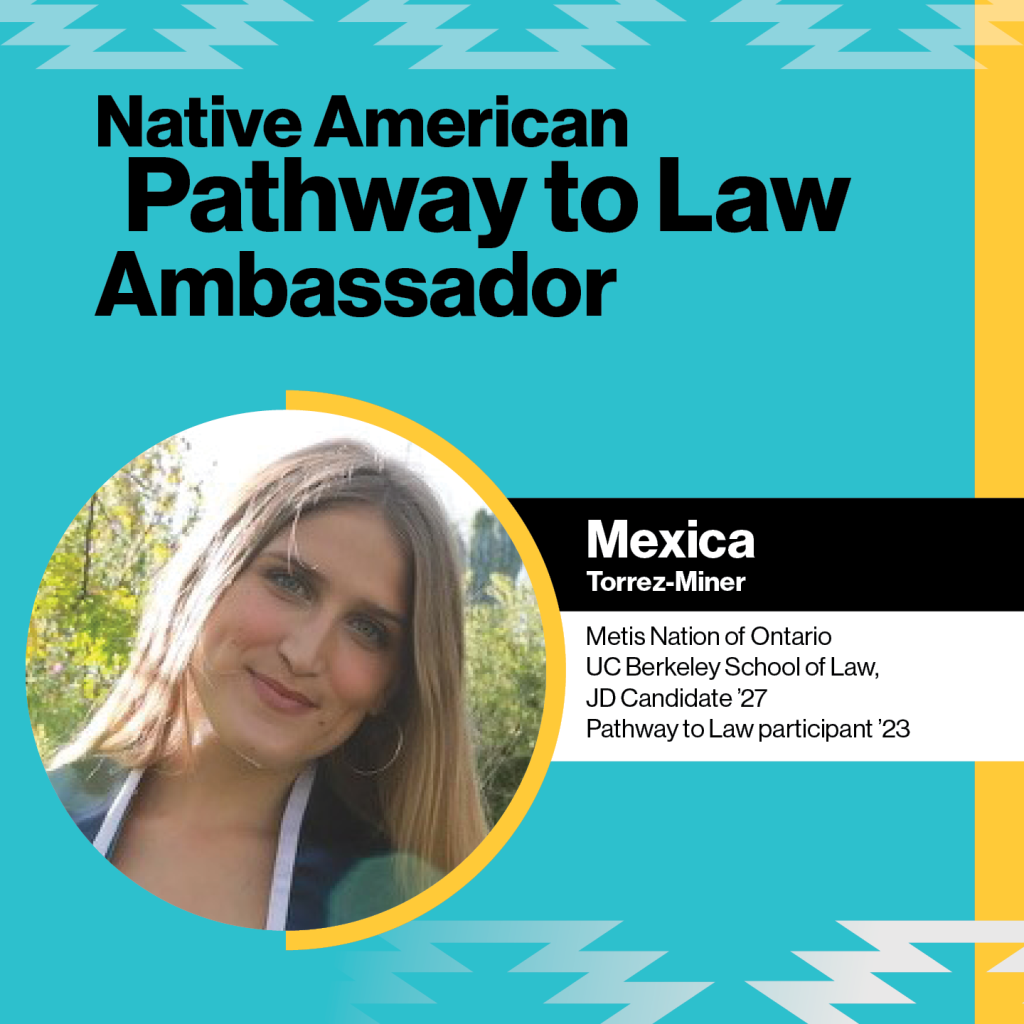
Mexica Torrez-Miner
Metis Nation of Ontario
UC Berkeley School of Law, JD Candidate ’27
Pathway to Law participant ’23
What was your experience with the Pathway to Law Workshop?
My experience at Pathways was truly amazing. The support and guidance given by the mentors was instrumental in my journey to law school. Additionally, being surrounded by only Native peoples in the legal field was such a new and comforting environment as someone that came from a predominantly white institution.
What information did you find most important in the Workshop (i.e. LSAT prep, personal statement building, etc) and why?
The information that stuck with me the most, was the advice provided surrounding personal statements. How to write a compelling personal statement was the most unclear part of the process for me, and it felt like the most important aspect of one’s application package. To get not only suggestions on how to better your own personal statement draft, but to also read examples was extremely helpful.
Would you recommend students interested in law to attend the Workshop?
I cannot recommend Pathways enough. Not only does it provide invaluable information about how to be a better candidate, but also connects young Indigenous peoples together in a very unique and special way. Pathways was such an integral part of my process in applying to law school, which is very much a shared experience amongst past participants.
Do you have any tips for prospective students?
Don’t let the application process overtake your life. It’s easy when studying for the LSAT, or awaiting law school decisions to forget everything else – allow yourself to have things outside of the process and surround yourself with your support system to ground yourself as the process is very mentally draining.
Read more success stories: From participants to mentors: Pathway to Law ambassadors give back
Submit your application by March 16: law.asu.edu/pathwaytolaw

